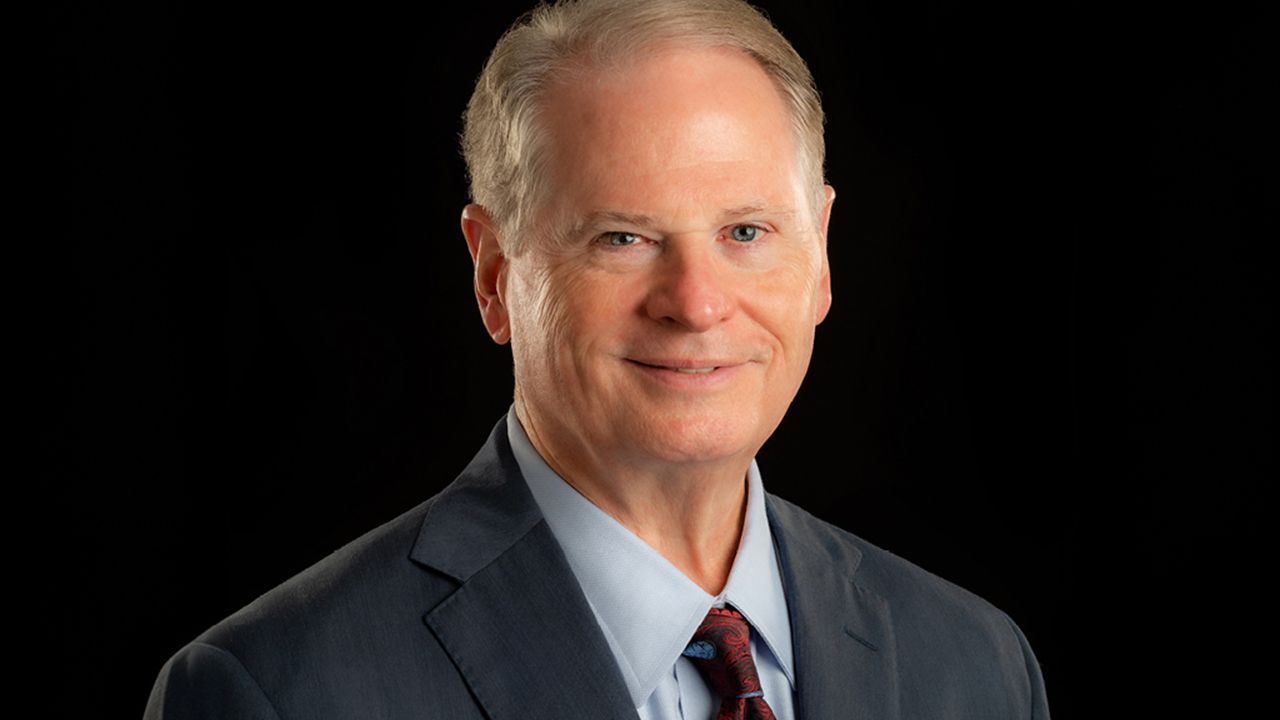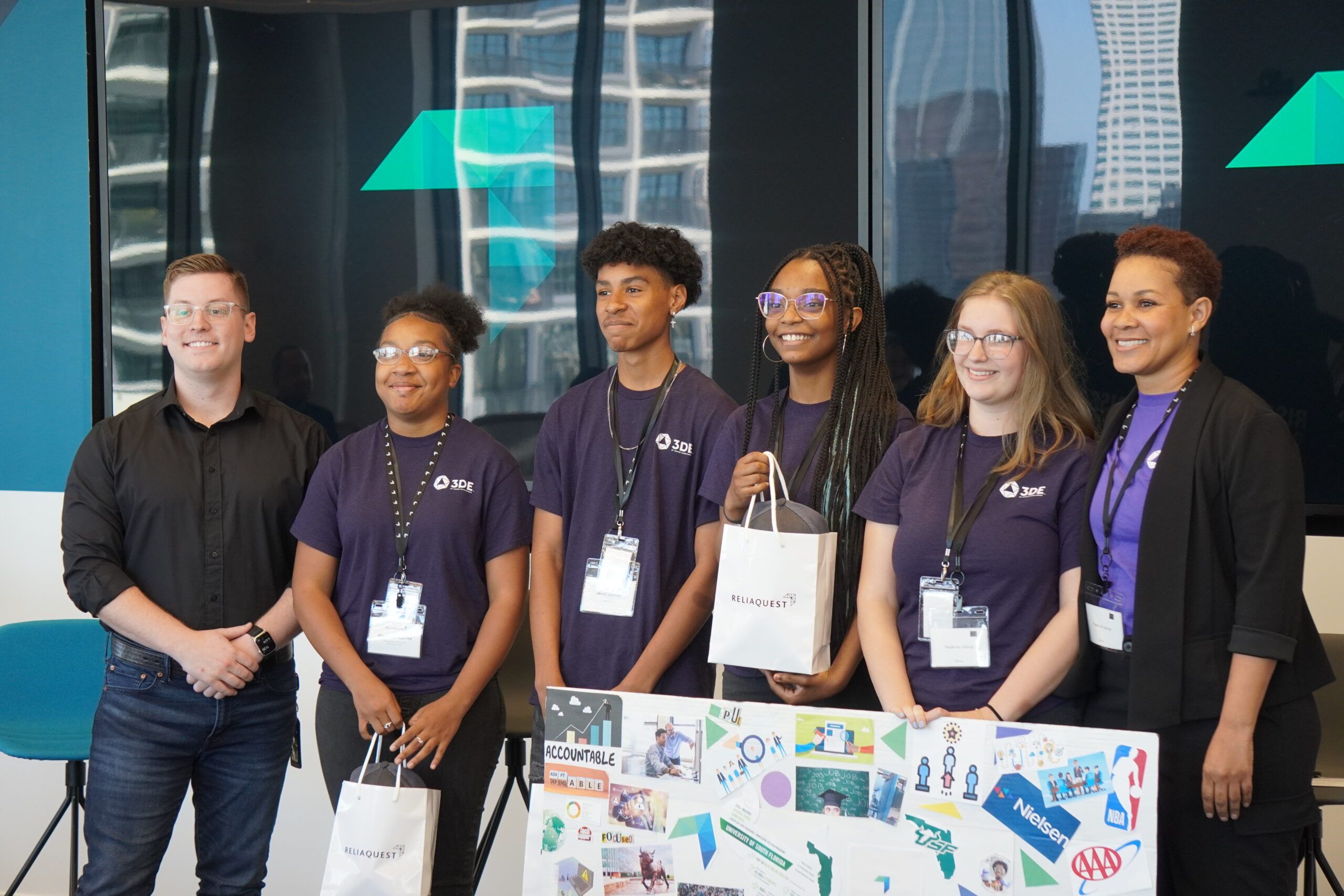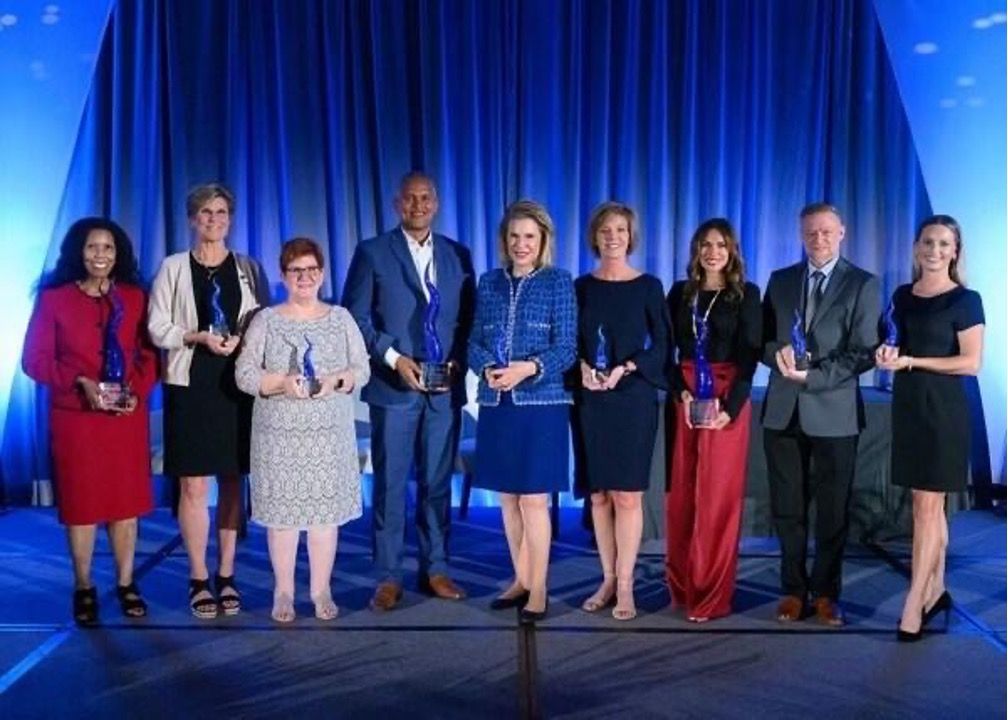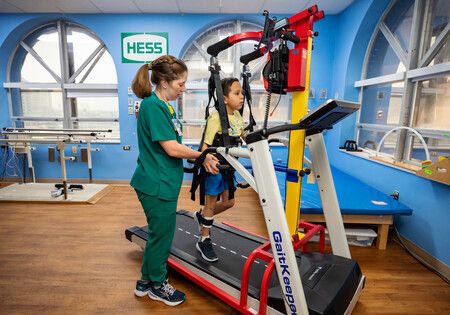Much of our attention, as Americans, has been focused on the effects of the current crisis related to our finances and health. Millions are adjusting to being suddenly unemployed, working from home and adhering to shelter in place orders. Wage loss, job insecurity and lack of access to resources plague our communities with worry and fear.
All but forgotten amid the new chaos, however, is a demographic in our country that stands to face the most damage by staying home. Domestic violence victims, and survivors, who already live with extreme levels of worry, and fear, on a daily basis are now forced to live in close proximity to their abusers. Due to the high risk of infection of COVID-19, Americans have been told that staying home is the safest option. But for those facing domestic violence, staying home arguably poses an even greater risk to their safety.
The invisible threat of domestic violence haunts the homes, and lives, of millions across our nation with no regard for age or gender. According to Centers for Disease Control and Prevention, around one in four women and almost one in 10 men experience sexual violence, physical violence and stalking, at the hands of intimate partners in their lifetimes. These statistics don’t include the 81 million men and women who have encountered psychological aggression from intimate partners. Additionally, a publication issued by Florida’s Center for Child Welfare reported that eight million children and youth were exposed to some form of family violence within the past year.
Domestic violence affects millions and the numbers of survivors, essentially, trapped in living situations with their abusers during this time must be staggering. These are individuals who have had no choice but to abandon physical safety measures, like a safety plan, that could have been implemented had the pandemic not transpired. And while the pandemic has served to complicate the challenges and concerns around domestic violence, it certainly hasn’t been the cause of them. Abusers simply leverage its resulting vulnerabilities, like constant physical proximity, overreaching control of the household finances and threats to the safety of children now home from school, compounded by the crippling emotional and psychological damage continually inflicted on survivors.
With further light shed on the nuances, and complexities, of ongoing domestic violence; what place do businesses and companies have in the fray and what can they do to contribute to survivor and victim assistance in the long-term?
In short: action. And the number one action businesses and companies can take to aid those in the communities they serve is straightforward. Support survivors as they seek to increase their own safety and lessen their exposure to harm. One burden companies can ease for these individuals is the financial burden. Companies have scores of ways they can commit resources to help domestic violence victims, and survivors, get out of life-threatening home environments. Corporate partnerships and sponsorships between major companies and domestic violence organizations is, undoubtedly, beneficial and has its standing in sponsoring support on a grander scale, but I think we can do more. Particularly on a local level, companies have the capacity for initiatives that provide the immediate impact domestic violence survivors stand to benefit from the most.
Our newest corporate commitment is to offer no-cost services to domestic violence victims, and survivors, so that economic barriers are no longer a deciding factor in whether a victim of abuse can leave an unsafe home. We hope we won’t be the only ones. To maximize the opportunity to help people affected by domestic violence, we believe this kind of offering should be on the table at a national level, while being executed in a way that incorporates the expertise of local domestic violence authorities. Certified domestic violence shelters have the capabilities to effectively screen applicants for no-cost services to determine how best to meet their most urgent needs, as well as to provide support through any transitions. Once the shelter places eligible applicants in contact with companies who are ready to help, there should be no financial worry or concern left for these domestic violence survivors.
Access to meaningful help for domestic violence survivors will not end when the pandemic ends. We’ll make sure of that. Precariously unsafe living situations existed before global health concerns dominated our awareness and will continue long after those concerns have lessened. We have taken the actions necessary, and put plans in place, to prepare our company to integrate domestic violence assistance as a long-term fixture of our brand.
Businesses exist to serve. Now, and in the coming days, we have a real opportunity to serve by providing tangible support towards a great need across our country. It’s our chance as service providers to make a difference, and offer hope, to those facing domestic violence and feel overlooked in their communities. Extending company resources to help domestic violence survivors who urgently need to get out of dangerous situations is, we think, the truest definition of purpose-driven, socially conscious leadership a company could demonstrate.

Nick Friedman is the president and co-Founder of College HUNKS, the largest and fastest-growing junk removal and moving franchise opportunity in North America. Friedman started the business in college with his childhood best friend and now business partner, Omar Soliman, in a beat-up cargo van and has grown to over 100 franchises nationwide.
You can learn more about the College HUNKS Hauling Junk and Moving spreading awareness via their social channels on:















